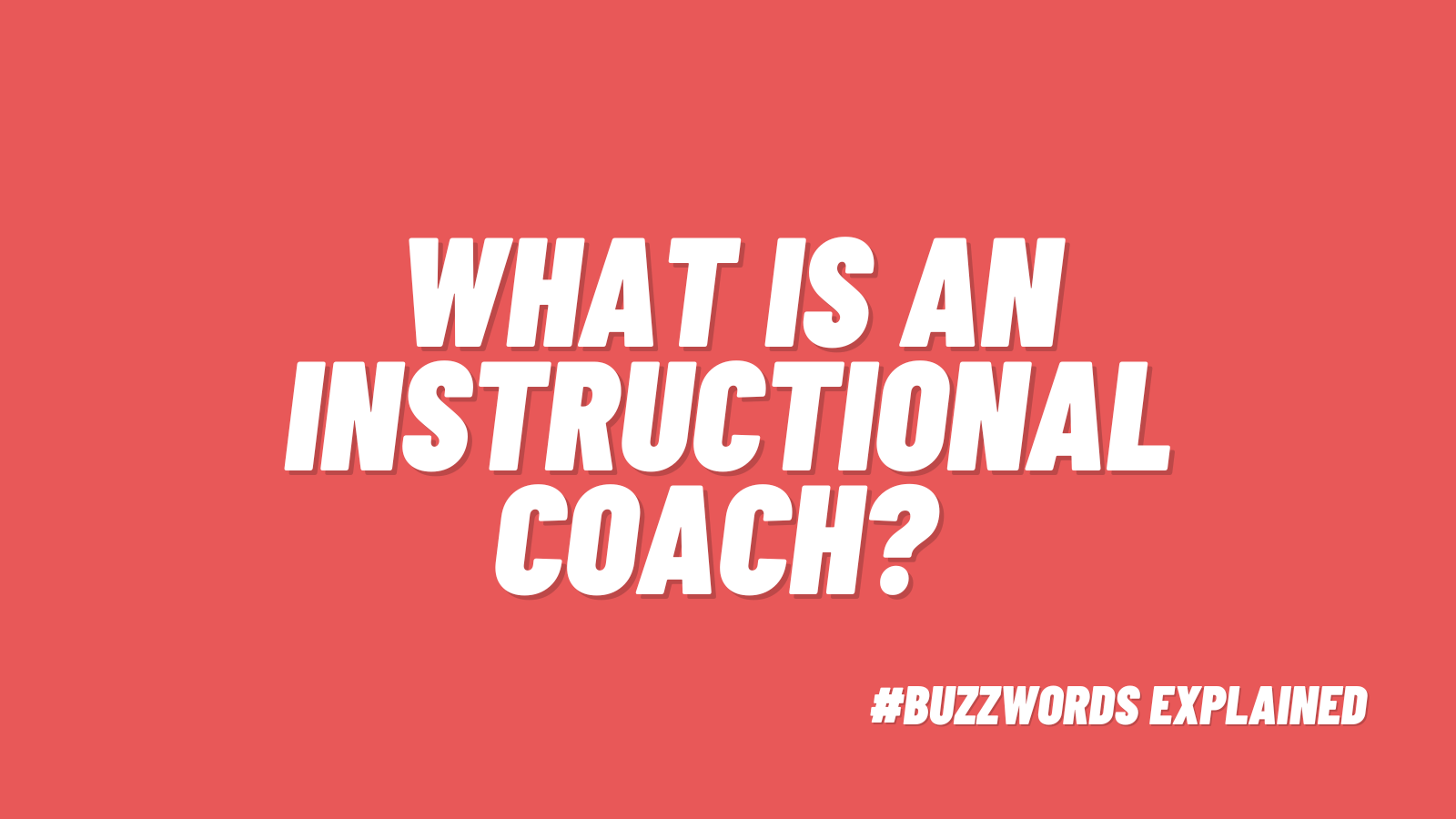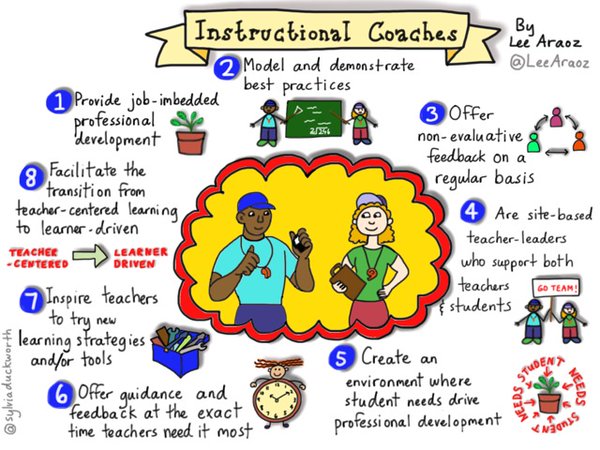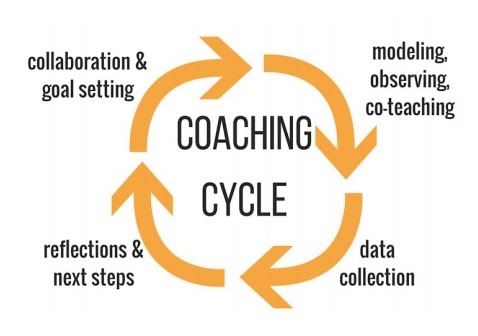

Instructional coaches, sometimes called instructional coordinators or instructional specialists, are school leaders who train and coach teachers in one school or across multiple schools. These administrators are becoming increasingly common. According to NCES data, 65.9% of schools have some sort of instructional coordinator or coach. Most (41.3%) focused on reading, while 36.9% are general coaches.
According to a SLIDE report, between 2009–2010 and 2018–2019, the number of instructional coaches increased by 33.7%. During COVID, this decreased slightly, but if you teach for any amount of time, chances are you’ll have a coach at some point.
An instructional coach is like a coach for anything else—sports, life, dating—but for teaching. An instructional coach’s primary role is to help teachers get better at what they do, and they use coaching techniques to accomplish that. Instructional coaches develop personalized professional development and job coaching for teachers. It’s their job to know the standards and curriculum and best practices.

Some schools have multiple coaches, while others share a coach among multiple buildings. A school may have coaches for each grade level, or a school may have coaches that support various teachers. A coach may specialize in a content area—like reading or math—or in a topic, like technology. Coaches may also have other duties, such as interventionists or staff professional-development leaders.
Effective coaches will build relationships with teachers and work through mutually respectful relationships to improve teaching and learning. There are different ways to approach coaching, and the model will depend on the school. Typically, coaches use a coaching cycle to move through goal setting, learning, observation and data collection, and reflection.

Instructional coaching should always focus on improving teaching and learning and on the steps that a teacher can take to improve what they do in the classroom. The idea is that, over time, little changes will lead to big changes in teacher practice and student achievement.

Effective coaching takes a certain skill set. Instructional coaches:
According to ZipRecruiter, the average salary for an instructional coach ranges from $45,000 to $64,000 per year, with an average salary of $55,383. The salary depends on where you’re coaching and factors like your education and how many years of teaching or coaching experience you have.
According to the Bureau of Labor Statistics, instructional coaching jobs are expected to increase 2% by 2032, which is average for all occupations. Instructional coaching jobs may, however, be influenced by state and local budget decisions.

Instructional coaching can be engaging and a way to move out of the classroom and into school leadership without going into administration.

The idea behind coaching is that teachers learn best, and the most, by working with a coach who can personalize the learning to their needs, and who can guide them to greater success. When teachers set their own goals and work on developing skills that are important to them, they will make the greatest change. We can say for certain that sitting through an all-day in-service has not made any teacher really change their practice, but does coaching work?
Lots of research has been conducted on coaching and it’s pretty conclusive that, when done well, coaching works to improve teacher practice and increase student achievement. A meta-analysis, or review of multiple studies, found that teacher coaching has had an overall positive effect on teaching. And teacher coaching potentially outperformed other methods of teacher development. The tricky part is that coaching has to be implemented well to have the greatest impact. Often, coaches are pulled in many different directions, or are not implementing the research-based coaching strategies that produce results.
So, the short of it is, yes, coaching works. But there are lots of caveats and aspects of how instructional coaches work that produce that positive impact.